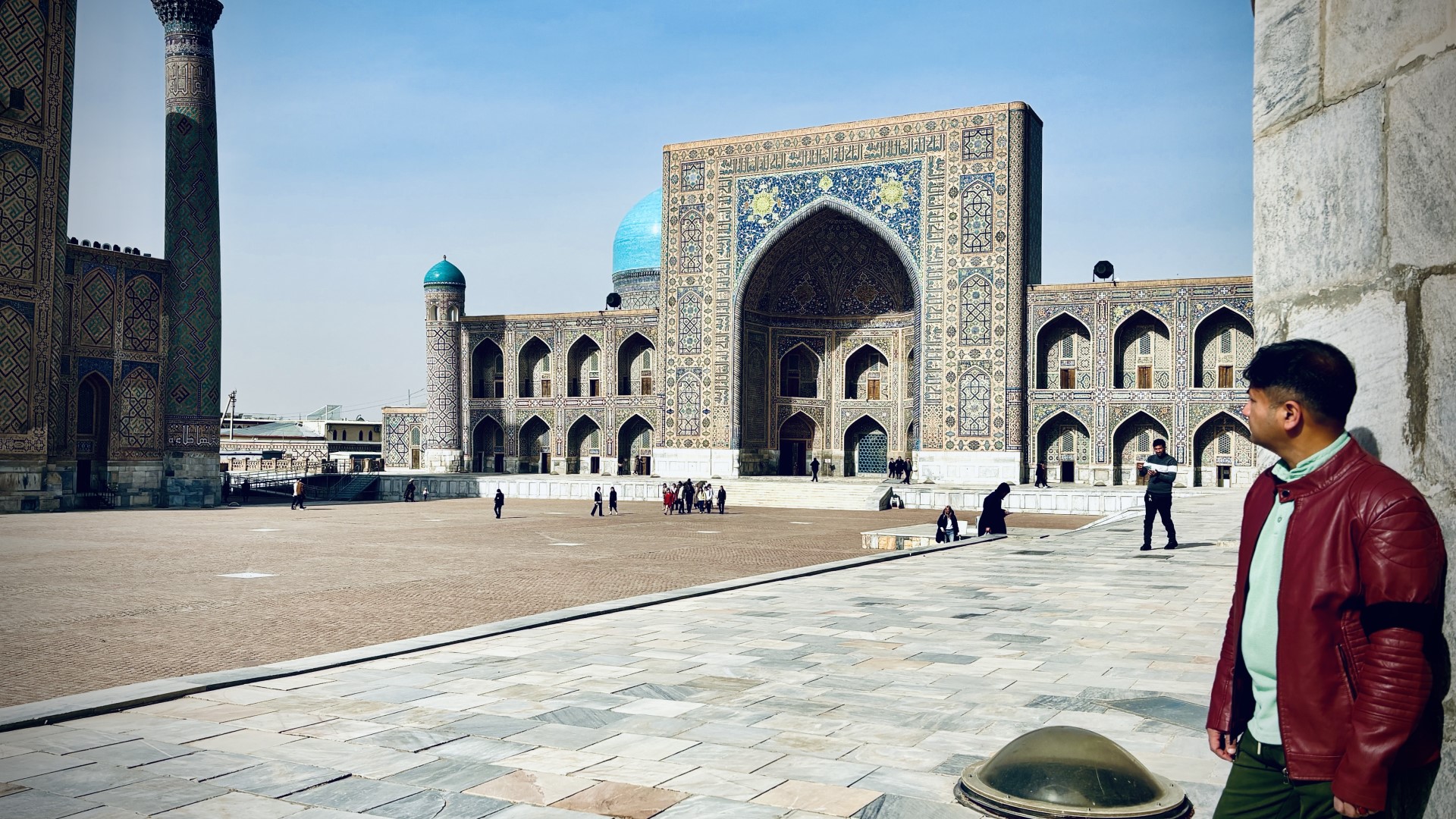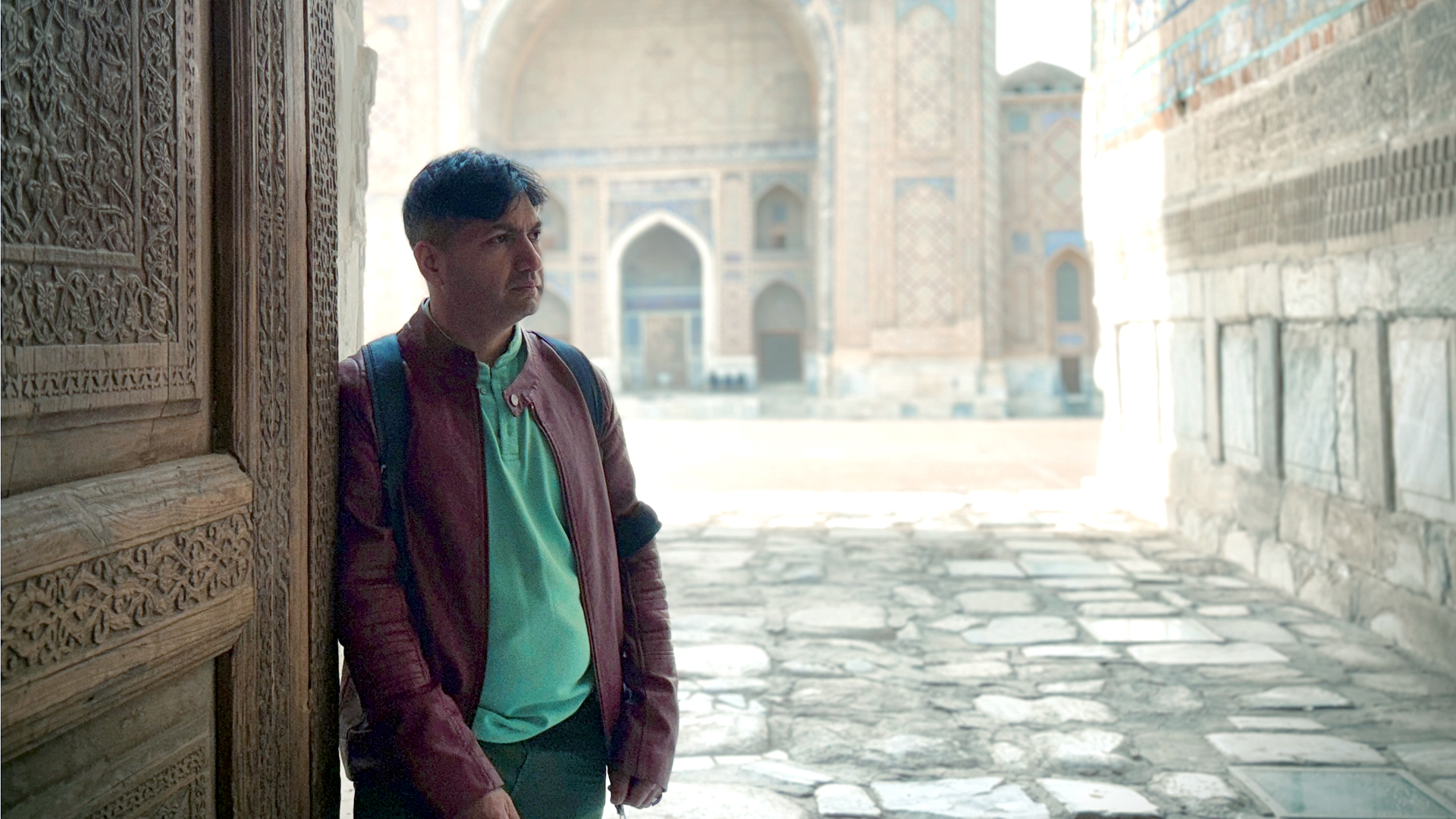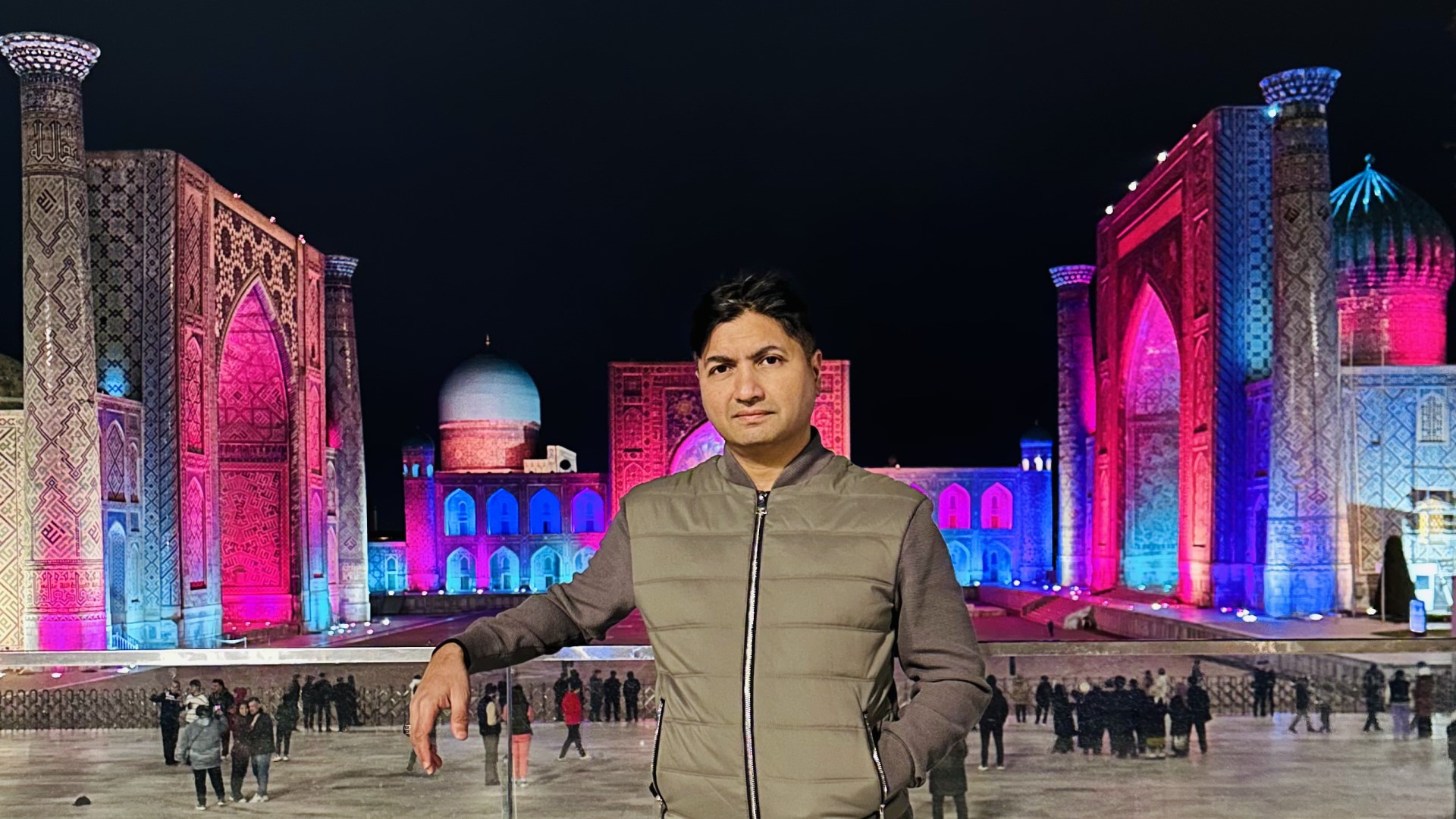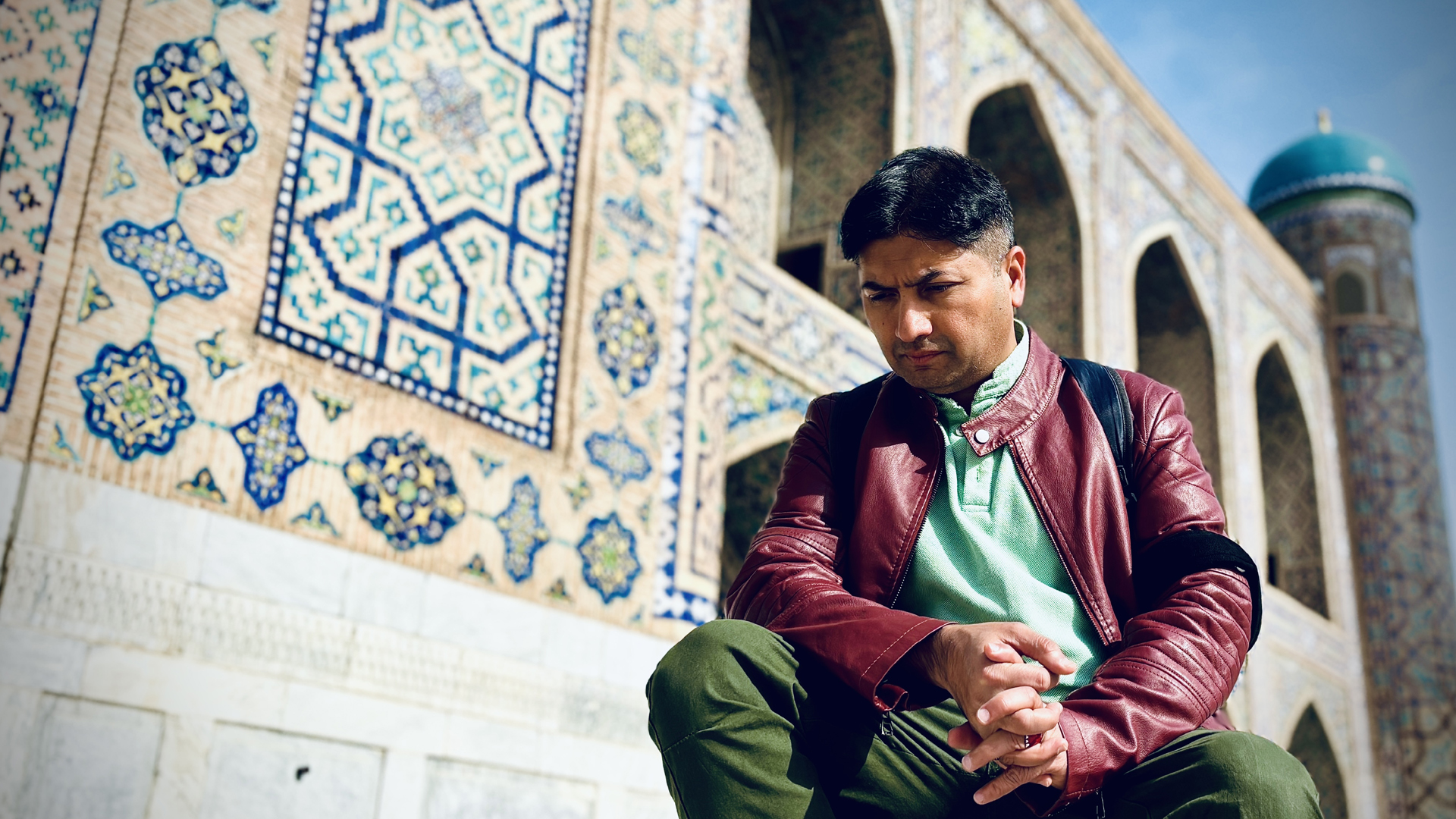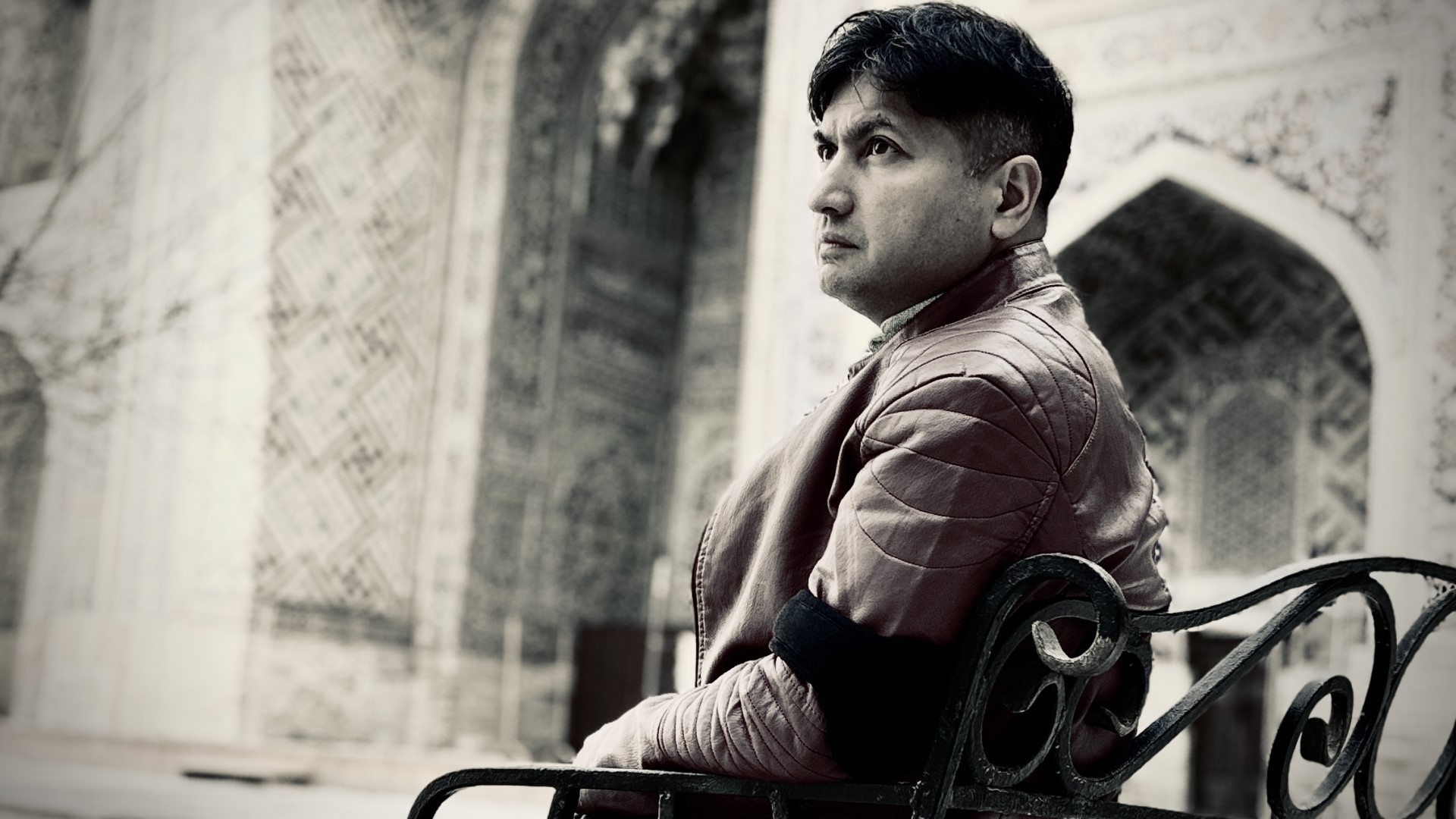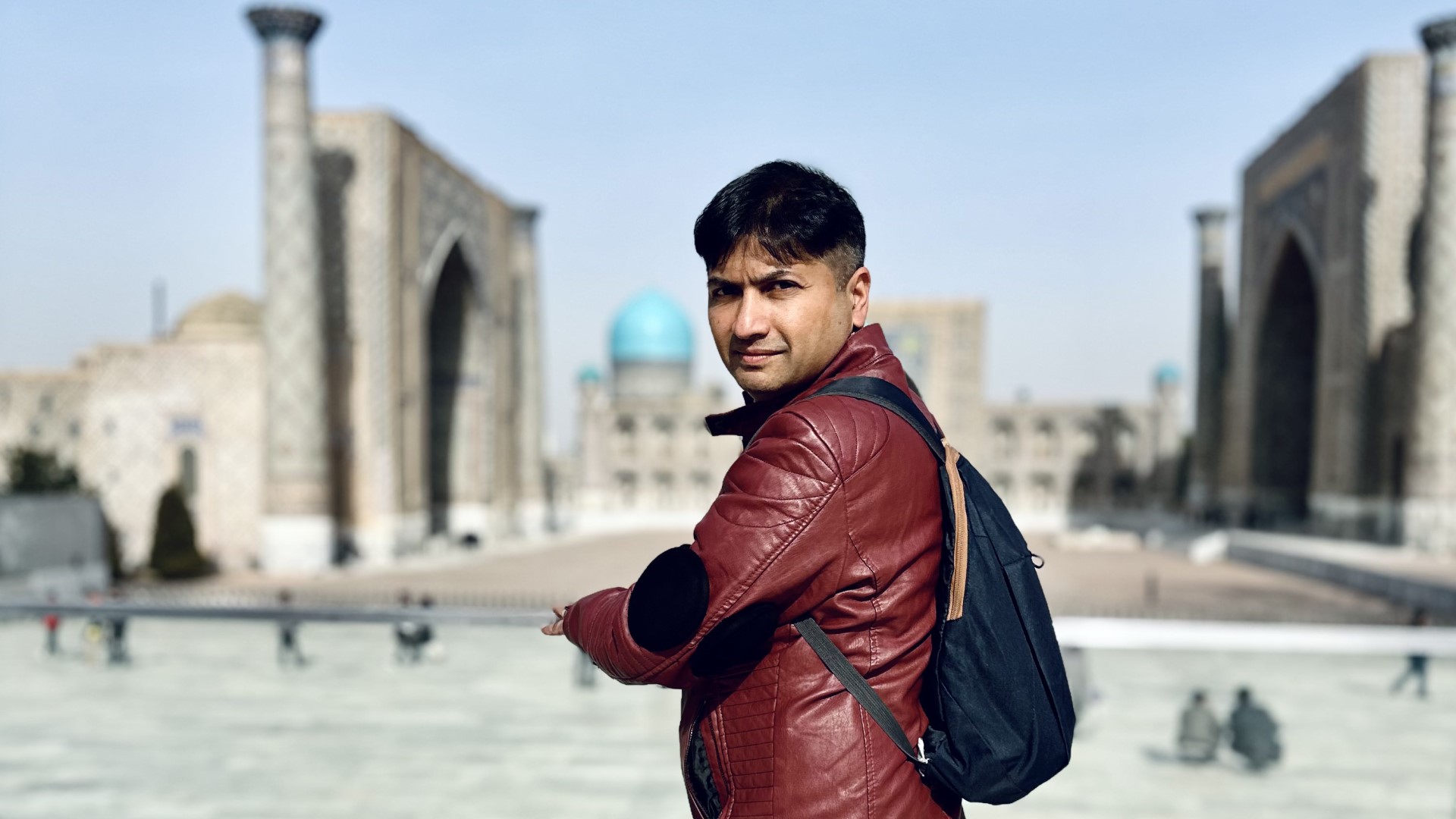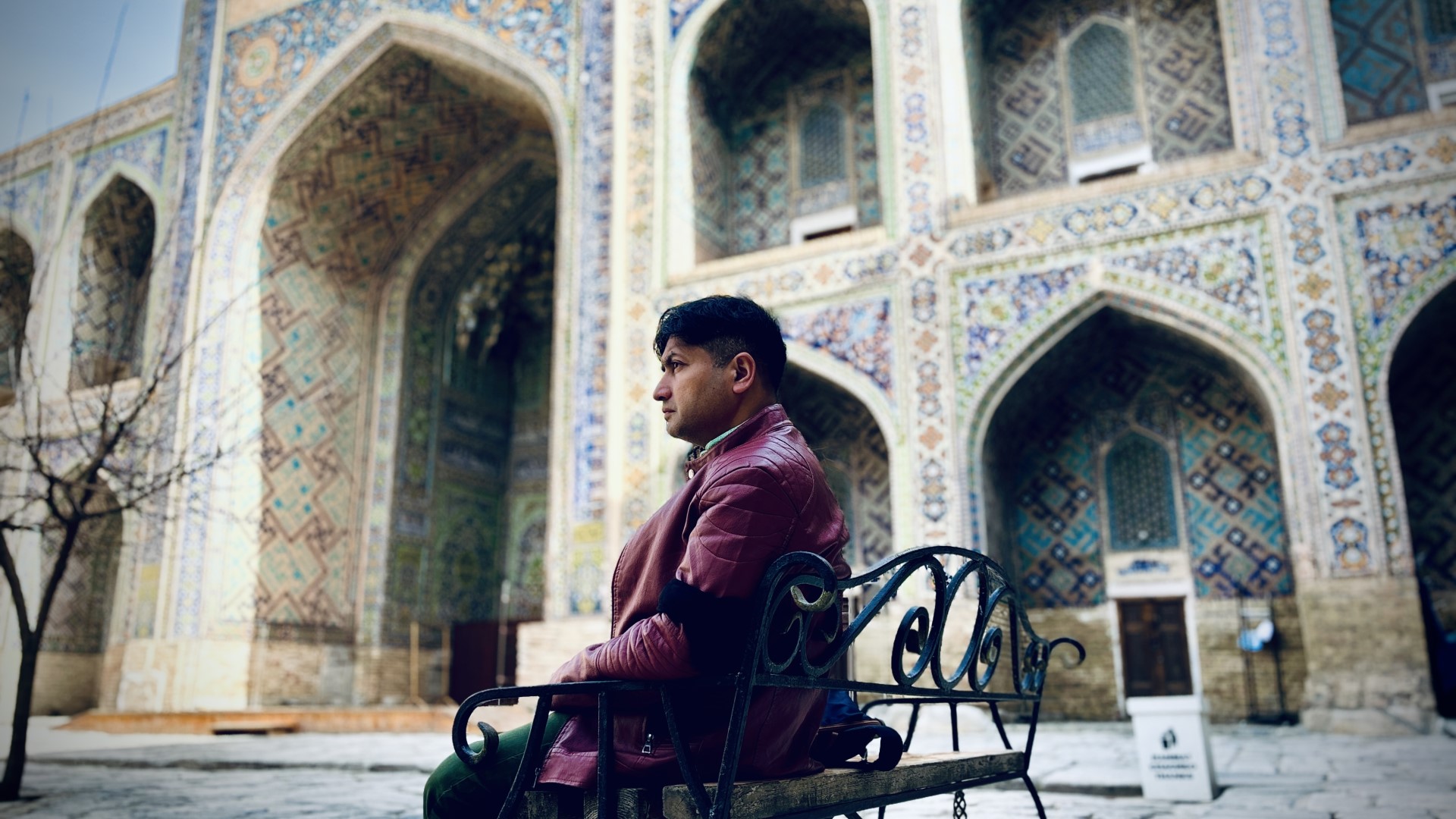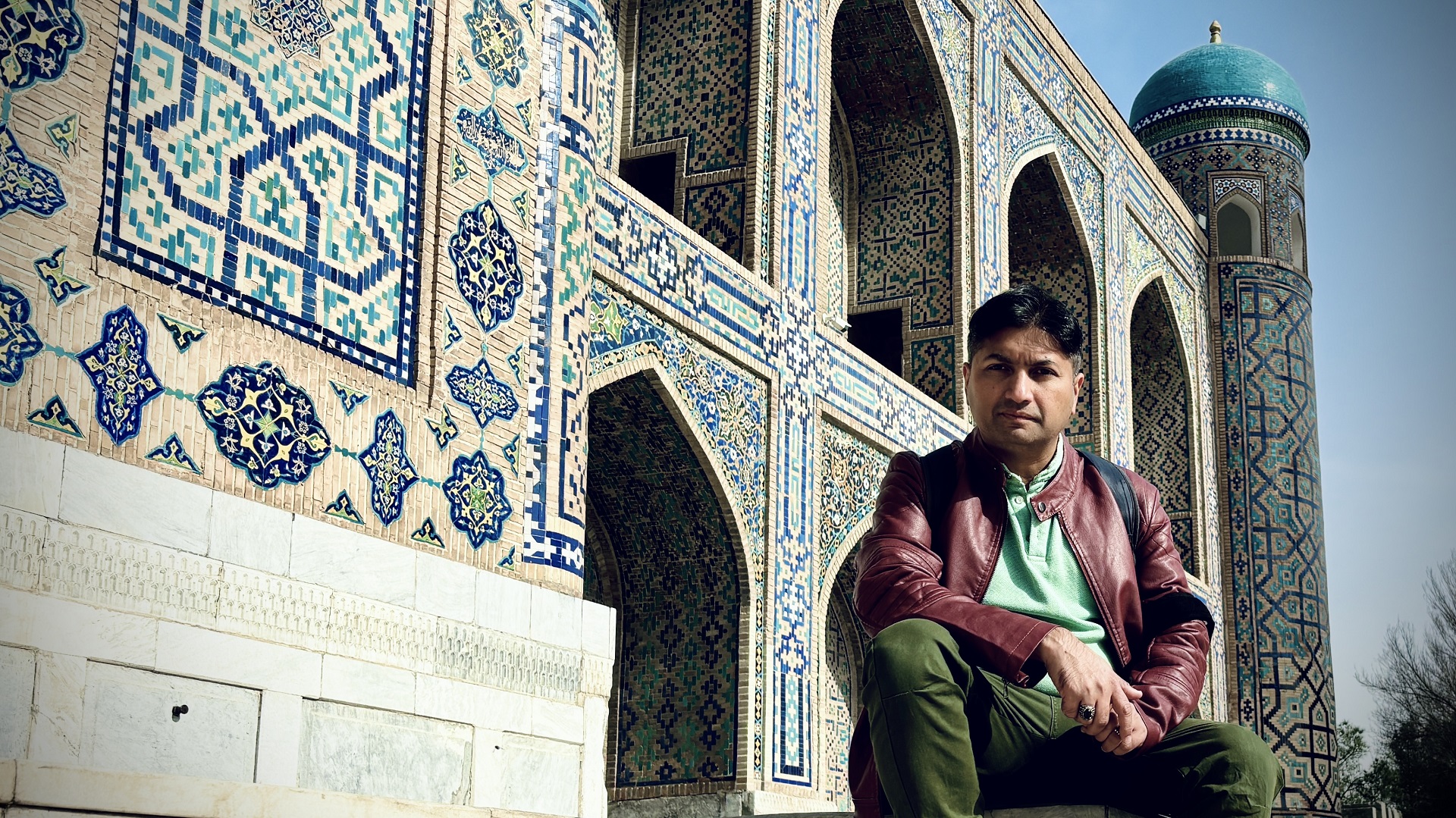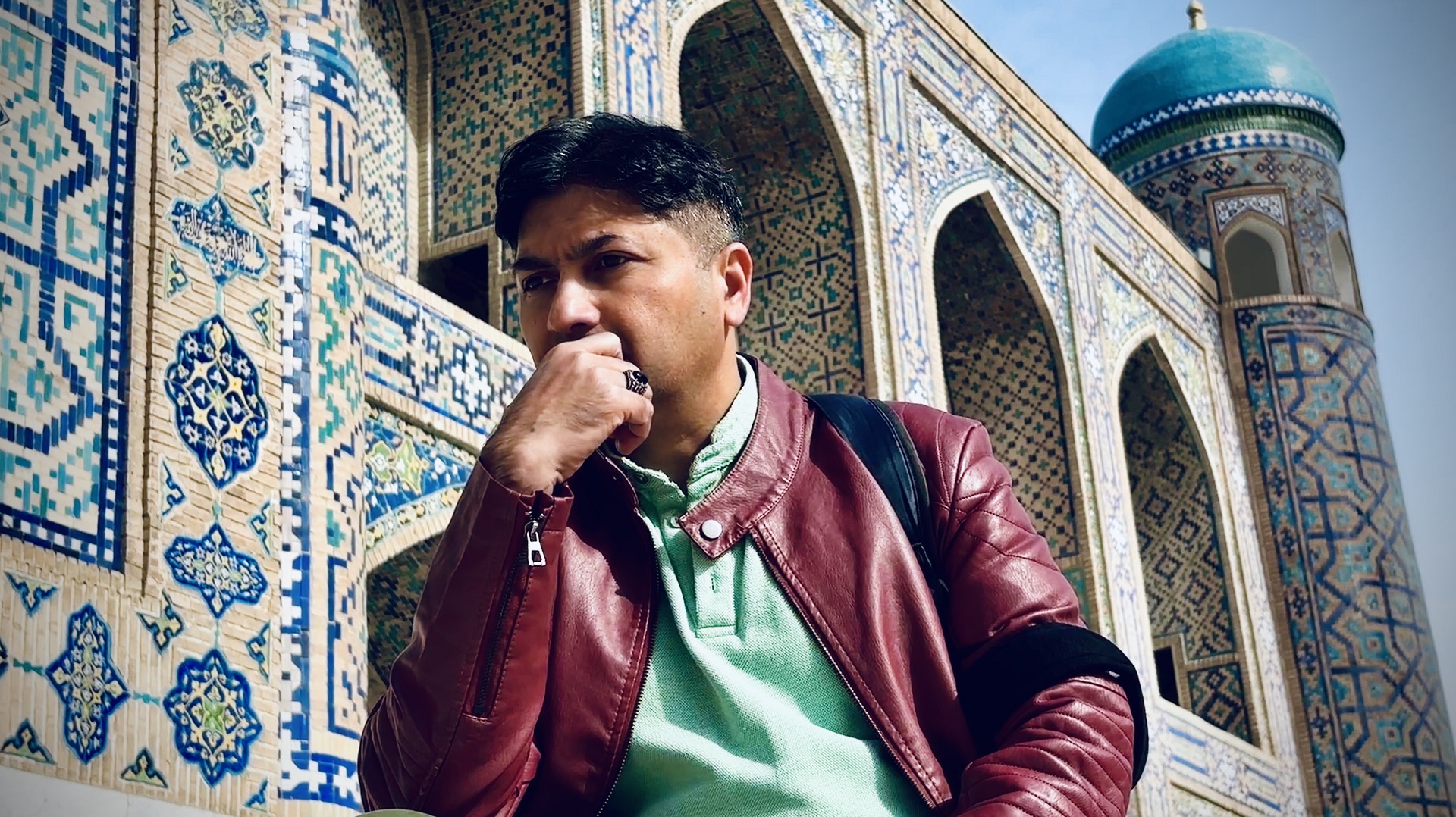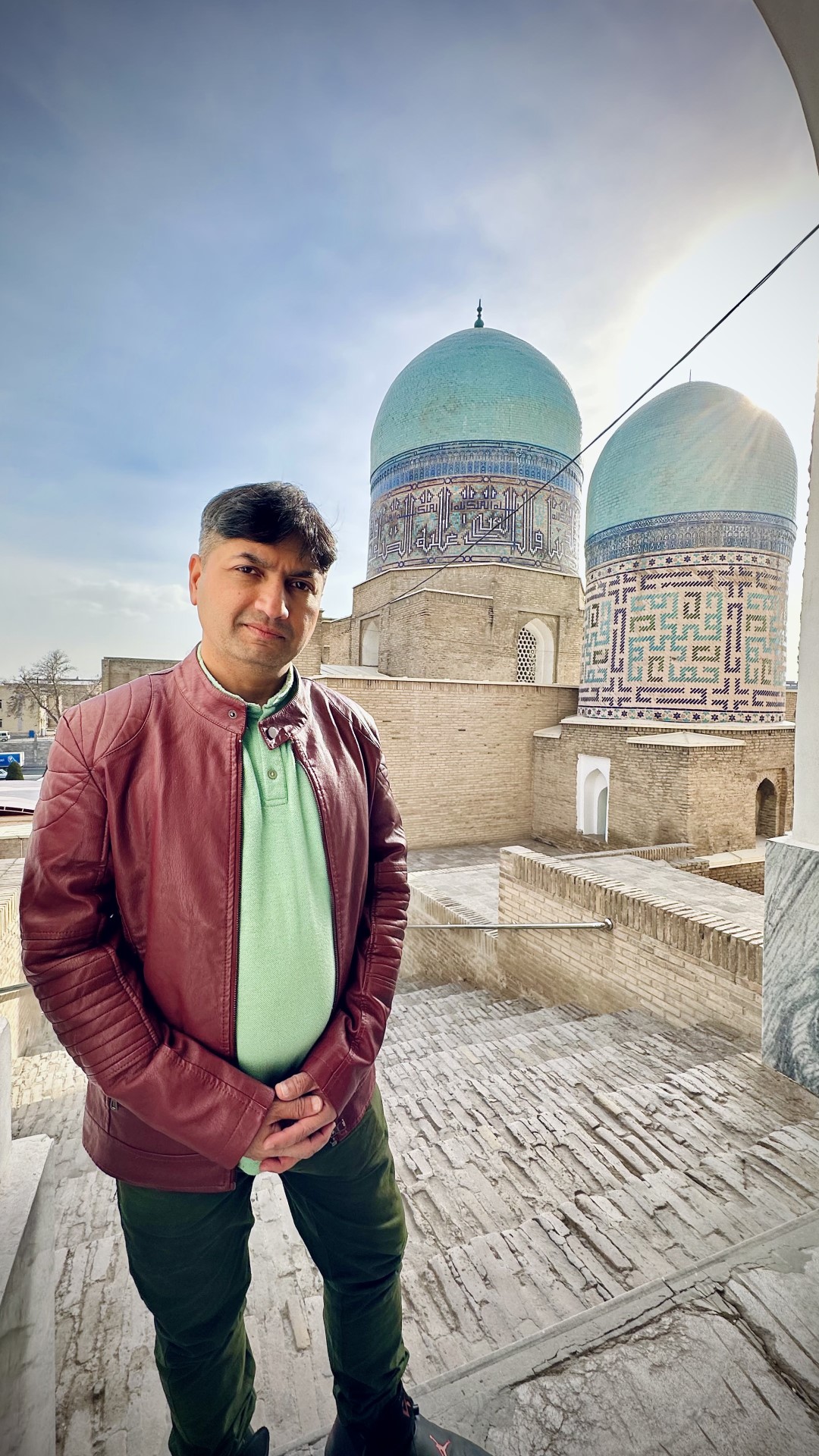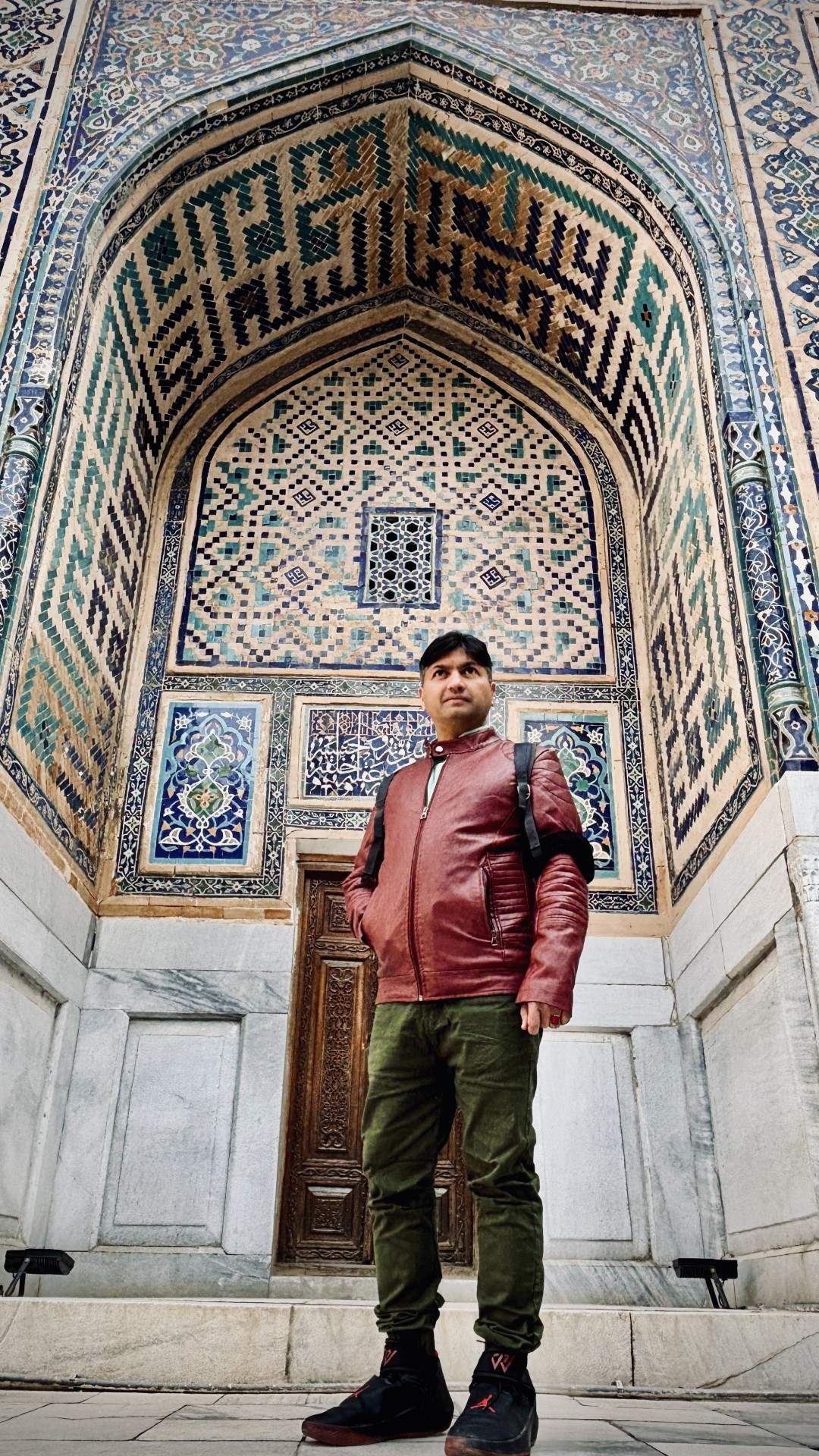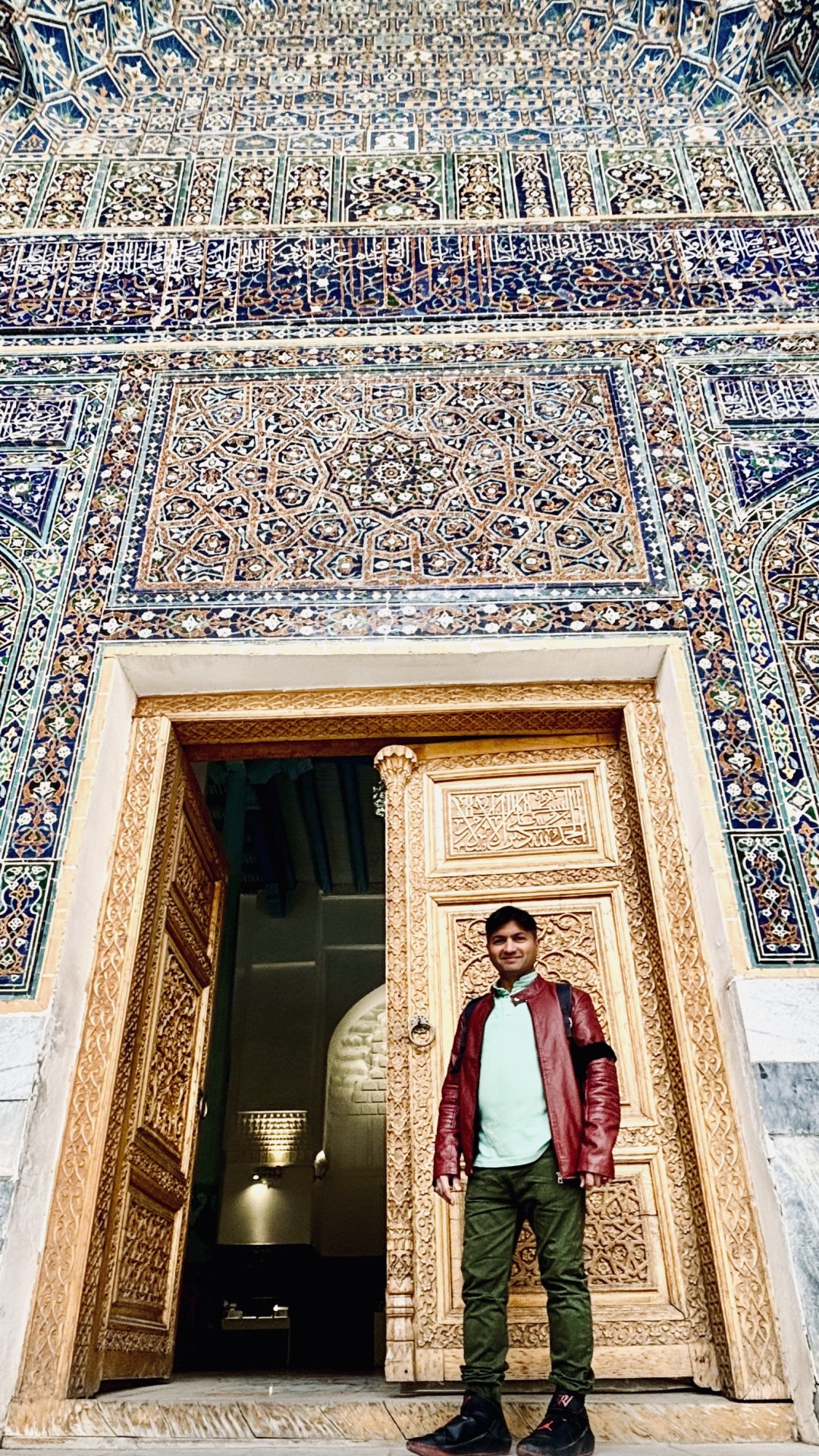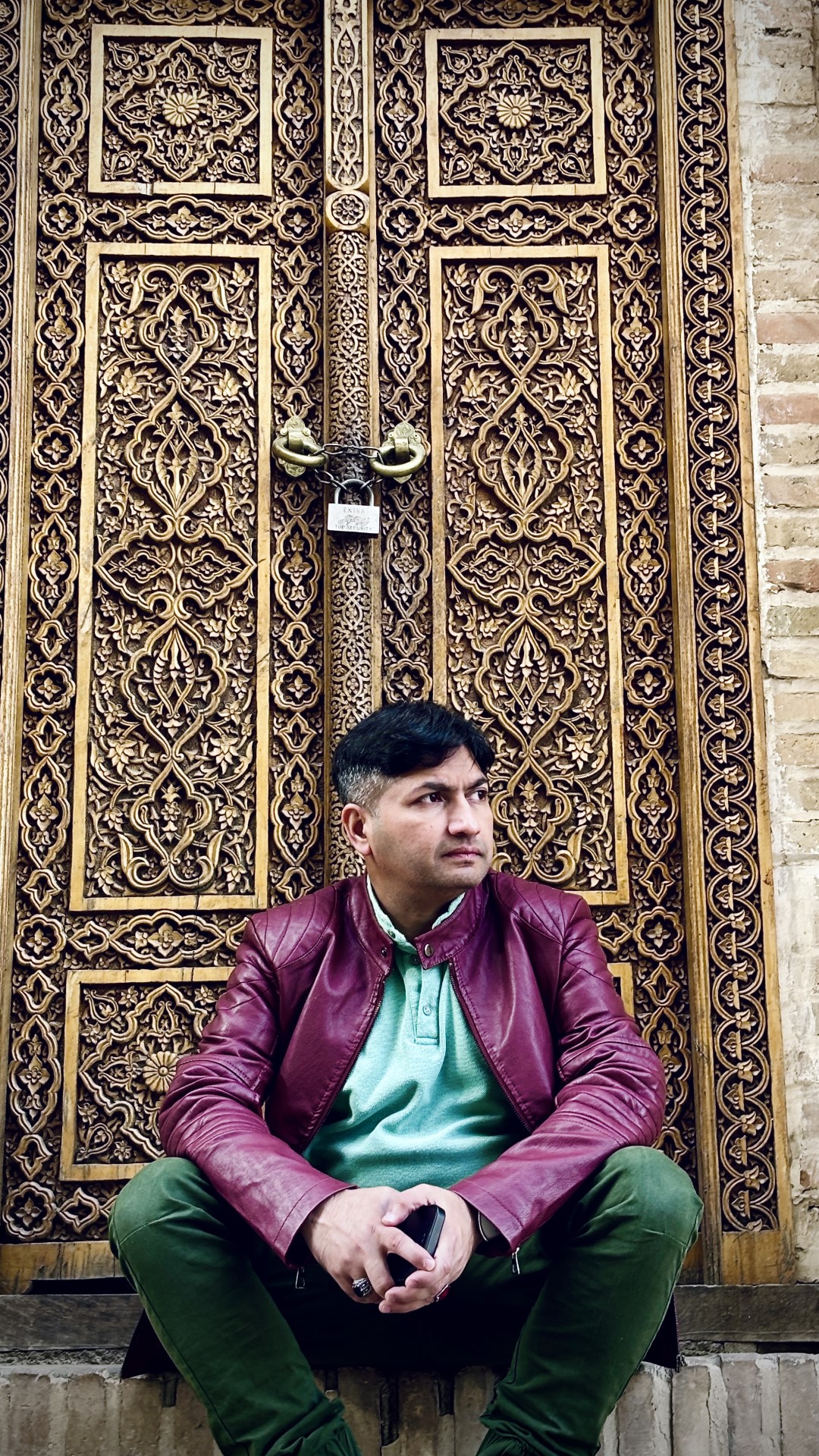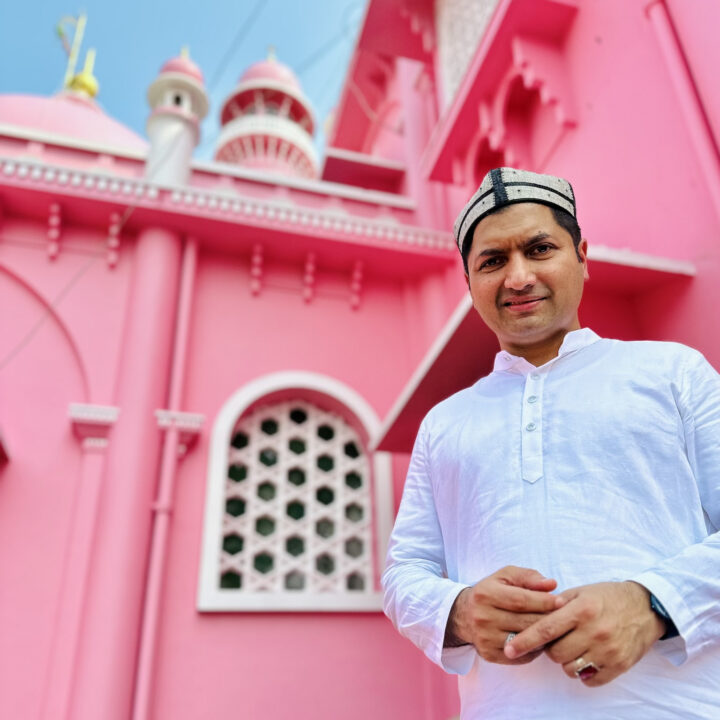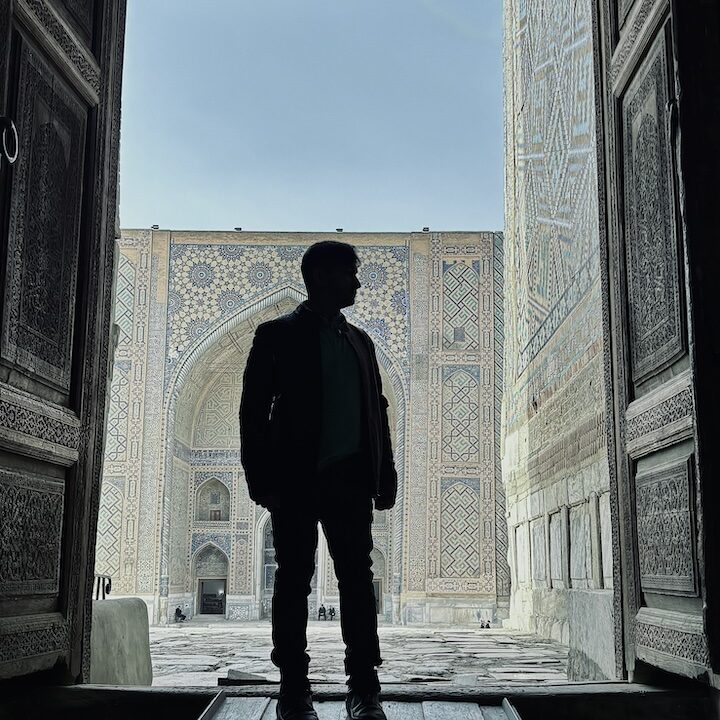Reflections from Jaihoon’s journey to the historical city of Uzbekistan, a sanctuary of renowned saints and emperors who shaped our world.
This was my second visit to Samarkand, the stellar sanctuary of saints and sages. While the first was superbly astonishing, the second was sadly agonizing. My initial encounter with this ancient city had left me awe-inspired, mesmerized by its rich history and breathtaking architecture. However, this time around, my experience was tinged with disappointment.
The majestic Registan Square, adorned with its intricate tilework and soaring domes, continued to captivate my studious mind. Minarets and tombs adorned this cultural cradle. But this time as I witnessed the remains of this immortal city, my heart weighed heavy. I stared at the soulless masjids and madrassas, and they watched me, baffled at my helplessness. Thanks to these lifeless monuments, the country tirelessly ticked their tourism target boxes. What had become of this marvelous city and its magnificent glory? Even as the tour guides gloat with triumphalist orgasm about the Timurian era, it is hard to innocently imagine the height and breadth of the power, culture, and knowledge that thrived in this city.
Could I feel the same way in the future if, say, a British or American tour guide asked me to imagine that Cambridge or Harvard were once great universities but now turned to empty halls or tourist attractions? Could I visualize modern state-of-the-art multi-specialty hospitals to turn into silent art galleries of the future? Samarkand was all that and more.
The fall of Samarkand was the fall of one of humanity’s finest intellectual and political centers. As a historian remarked about its decay, ‘spider webs replaced silk curtains and owls replaced scholars of knowledge’.
Surely there is much to rejoice and rehearse about this remarkable city’s past and present. Plov, somsa, kebab, and non are indeed delicious. But the present state of this Silk Road paradise brought pain upon pain over the existing pain of the Ummah’s state of affairs.
‘Aren’t memories so wonderful,’ exclaimed my 8-year-old little daughter who accompanied me on this journey. Indeed they are. But they can hurt too, more intensely painful than the present.


